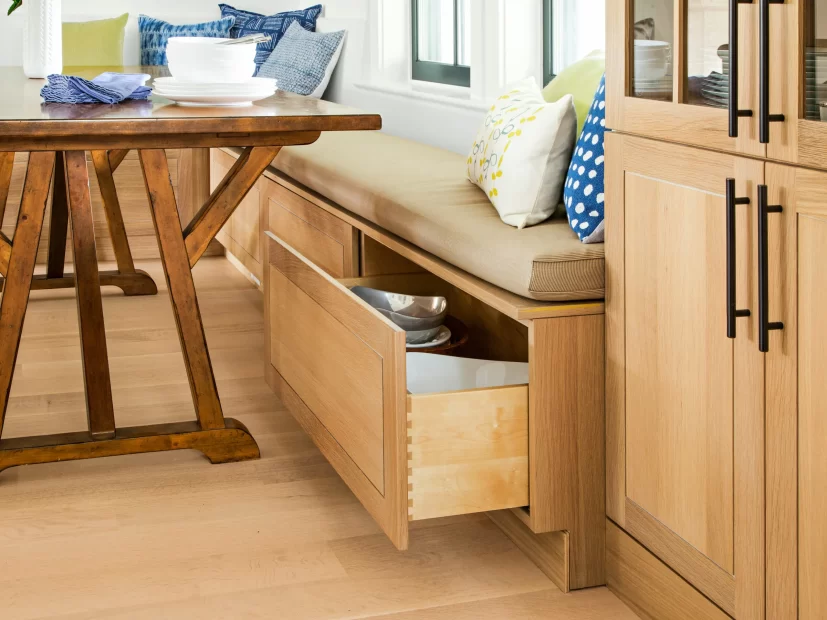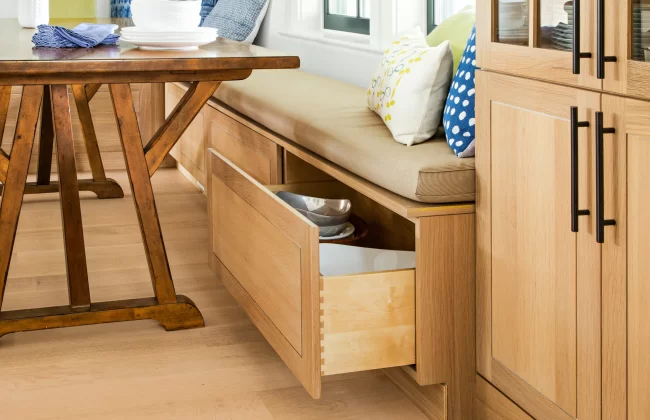Planning a home addition can be exciting, offering the potential to transform your living space and increase your property’s value. However, this dream project can quickly become a financial nightmare without proper budgeting. Whether adding an extra bedroom, expanding your kitchen, or creating a new living area, staying on budget is crucial. Here are some tips to help you manage your finances effectively throughout your home addition project.
1. Set a Realistic Budget
The first step in any home addition project is establishing a realistic budget. This means considering the cost of materials and labor and any unforeseen expenses that may arise. A good rule of thumb is to allocate 10-20% of your budget for contingencies. This cushion can help cover unexpected costs such as permit fees, design changes, or delays due to weather or other factors.
2. Prioritize Your Needs
Before diving into the project, list what you need versus what you want. This will help you focus on the most critical aspects of the addition and avoid overspending on non-essential items. For instance, prioritize functionality over luxury if you’re considering a new kitchen. High-end appliances and custom cabinetry are nice but can significantly drive up costs. Focus on the essentials first, then consider splurging on a few upgrades if your budget allows.
3. Get Multiple Quotes
When hiring contractors, don’t settle for the first quote you receive. Take the time to get multiple estimates from different Home Addition Contractors in York County PA. This helps you compare prices and gives you a better understanding of the scope of work involved. Remember, the lowest bid isn’t always the best. Ensure that the contractors you’re considering are reputable, experienced, and have a proven track record of delivering quality work on time and within budget.
4. Plan for the Long Term
A home addition is a significant investment, so thinking long-term is essential. Consider how your addition will impact your home’s overall value and how it will meet your future needs. For example, if you plan to stay in your home for the next 10-15 years, it might be worth investing more in durable materials and timeless designs. On the other hand, if you plan to sell shortly, you might want to focus on features that appeal to potential buyers.
5. Monitor Expenses Closely
One of the easiest ways to stay on budget is to monitor your expenses closely. Keep track of all costs, from materials and labor to permits and inspections. Regularly compare your actual spending to your budget to ensure you’re on track. If you notice that you’re starting to exceed your budget in one area, look for ways to cut costs in another. For example, consider opting for mid-range finishes instead of high-end ones or scaling back on some of the more expensive design elements.
6. Avoid Mid-Project Changes

While making changes during the construction process is tempting, these can quickly derail your budget. No matter how small, every change can lead to additional costs and delays. To avoid this, ensure you’re delighted with your design and plans before construction begins. If changes are necessary, discuss the potential cost implications with your contractor before proceeding.
Additionally, using online resources like Instant Ella can provide valuable tips and advice on effectively managing your home addition project.
7. Utilize Available Resources
Finally, take advantage of the resources available to you. This could include financing options, grants, or tax credits for energy-efficient improvements.
Staying on budget during a home addition requires careful planning, diligent monitoring, and a willingness to make tough decisions. By following these tips, you can ensure that your project is completed on time and within budget, leaving you with a beautiful, functional addition to your home.
Planning a home addition is an exciting opportunity to transform your living space and boost your property’s value. However, without careful budgeting, this dream project can quickly spiral into a financial burden. Whether you’re expanding your kitchen, adding an extra bedroom, or creating a new living area, staying within your budget is essential. Here are some practical tips to help you manage your finances effectively during your home addition project.

